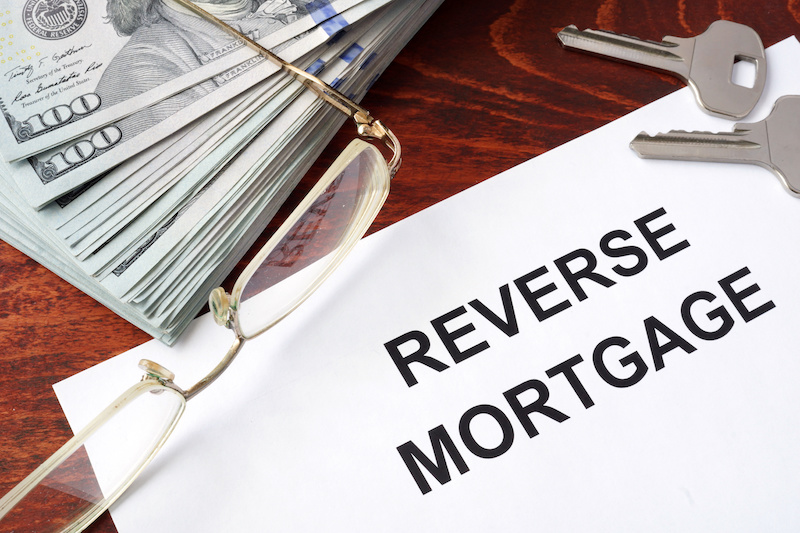As people get older and retire they may experience financial hardships that are related to their inability to work full-time and pull in a paycheck. While setting aside sufficient money for retirement is important, many people fail to do so and are often left with a financial situation that is less than enviable. One option that they have, if they own a home, is a reverse mortgage from reverse mortgage lenders.
What is a Reverse Mortgage?
A reverse mortgage is similar to a second mortgage or home equity line. A reverse mortgage involves taking out a loan with your home as collateral from reverse mortgage providers. While you have the reverse mortgage loan outstanding, you will continue to live in your home and reap the financial benefits of doing so. If you were to default on your reverse mortgage loan or to pass ay without repaying it, the reverse mortgage lender would be able to recover money from the sale of your home with your estate and heirs able to collect ay remaining value from the sale over the outstanding reverse mortgage amount.
Who Benefits from a Reverse Mortgage Loan?
While a reverse mortgage loan is not for everyone, it can be a useful tool for older individuals who are trying to remain in their homes while their living costs and health care costs escalate. By taking out a reverse mortgage, they may be able to maintain their life in relative comfort and in the lifestyle that they are used to maintaining for a prolonged period of time.

How Do You Get a Reverse Mortgage?
To get a reverse mortgage you simply have to apply with a reverse mortgage provider. Who offers reverse mortgage loans? Most banks and mortgage lenders will offer reverse mortgage options as well as specialty lenders. Contact a mortgage broker to learn more about the reverse mortgage options available in your area.
Home Equity Conversion Mortgage
To understand what reverse mortgage loans are, the homeowner must know what happens when he or she borrows money based upon the equity on his or her home. A reverse mortgage has also been referred to as a home equity conversion mortgage. Obtaining a loan secured by the equity in his home is a typical device for a homeowner that needs to pay for his child’s tuition, for a car or home repaints. However, the reverse mortgage money can be used for any reason.
Some believe older couples or individuals find reverse mortgage attractive because of the need for security for fear of losing the home, especially if he is on a fixed income. The loan is repaid when the borrower dies or moves out of the home.
Receive A Portion of The Equity From Your Bank
A reverse mortgage is called reverse because instead of the homeowners paying mortgage payments, the owner receives a portion of the equity from his bank, equivalent to the mortgage payments, he stays in his homes, retaining the title. Reverse mortgage calculators are used to determining the eligibility for a reverse mortgage. The calculators use data such as the age of the person, the mortgage balance, the mortgage interest and appraised value of the home.
To be able to receive a reverse mortgage the homeowner must be carrying a low loan balance, own the home without any liens and the loans can be retired with proceeds of the reverse loans. Before 1989, the challenge is to find reverse mortgage loans. However, in 1989, a reverse mortgage was permitted by FHA-insured mortgages. The loans enabled older Americans over 62 years of age to access their home equity without losing their homes. The mortgage company does not permit all the equity of the home to be used. Therefore, the bank giving the mortgage may also give a reverse mortgage.